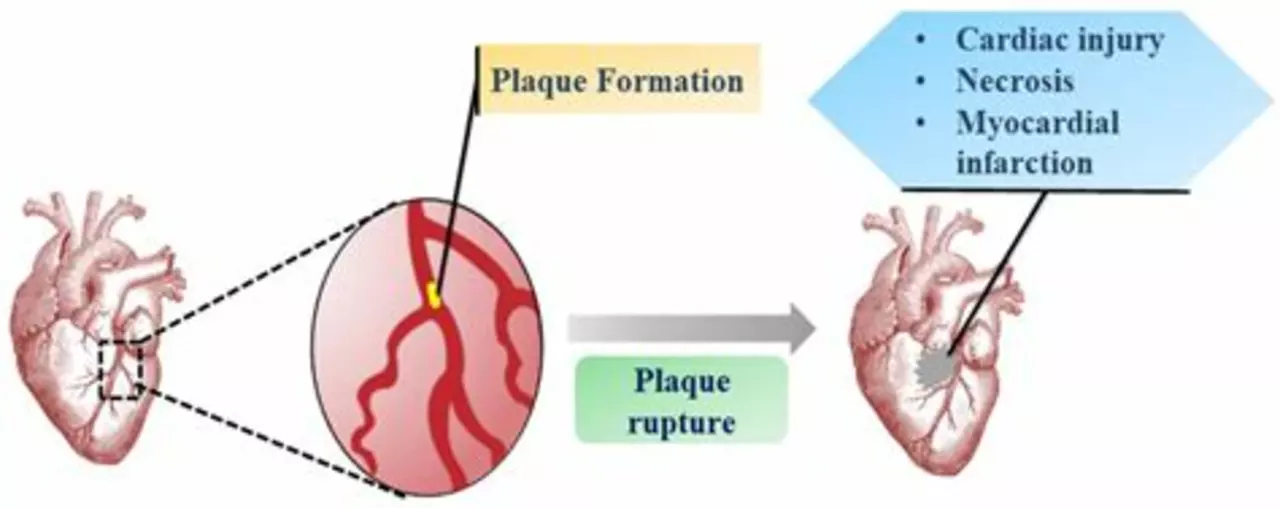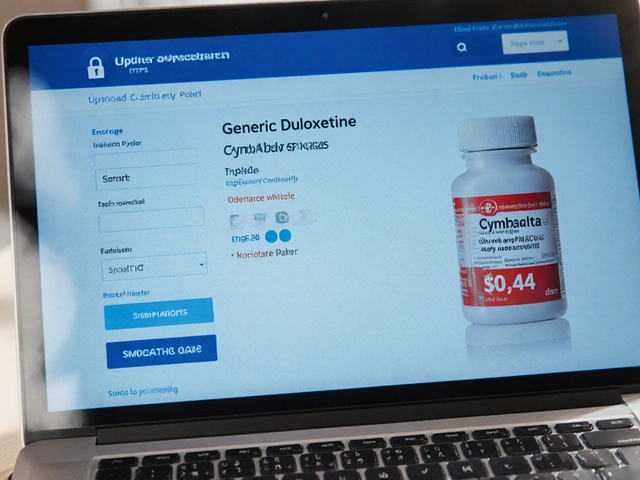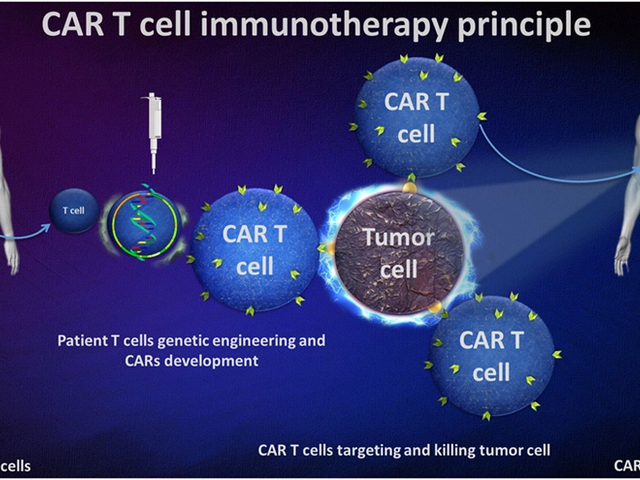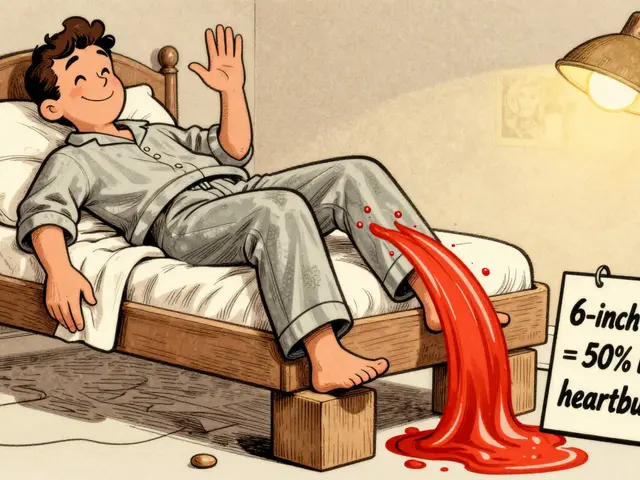Biosoprolol — what it is and how it helps
If you're looking up biosoprolol, you probably want straightforward answers: what it treats, how to take it, and what could go wrong. Biosoprolol (often written as bisoprolol) is a beta-blocker doctors use for high blood pressure, certain heart rhythm problems, and to help after heart attacks. It slows the heart rate and lowers blood pressure so the heart works easier.
How biosoprolol is commonly used
Typical starting doses are low—often 2.5–5 mg once daily—then adjusted based on how your blood pressure and heart rate respond. Some patients stay on 5–10 mg daily; severe cases may need a different plan. Your doctor will pick a dose based on your age, kidney function, and other meds. If you miss a dose, take it when you remember unless it's almost time for the next one—don't double up.
Biosoprolol works best taken at the same time each day. It can cause tiredness at first; many people feel better after the first few weeks as the body adjusts. Don’t stop suddenly—stopping an established beta-blocker abruptly can trigger fast heart rate, chest pain, or even a heart attack in people with coronary disease. If you and your doctor agree it’s time to stop, the dose should be tapered.
Safety tips, side effects, and interactions
Common side effects include fatigue, cold hands or feet, and slow pulse. Less common but important issues are dizziness when standing up, shortness of breath, or worsening asthma. If you have diabetes, biosoprolol can hide signs of low blood sugar—watch your glucose more closely and learn to check symptoms that aren’t just sweating or shaking.
Watch for interactions: combining biosoprolol with other heart medicines like some calcium-channel blockers or antiarrhythmics can slow your heart too much. Medicines for erectile dysfunction or certain antifungals and antidepressants may also interact. Alcohol can increase dizziness and blood-pressure drops. Tell your pharmacist about every prescription, OTC drug, and supplement you take.
Simple checks help you stay safe: monitor your blood pressure and pulse at home, keep a list of your medicines, and bring it to appointments. If your pulse is consistently below 50 bpm or you have new severe dizziness, contact your provider. If you get sudden breathing trouble or chest pain, seek emergency care.
Want more context? Read related posts on this site about other blood-pressure drugs like Cozaar (losartan), diuretics like Lasix, and common drug interaction issues with citrus fruits. Those pieces can help you compare options and ask better questions at your next visit.
Bottom line: biosoprolol is effective and well-tolerated for many people, but it needs thoughtful use. Talk openly with your doctor about dose, side effects, and other medicines—small adjustments up front prevent bigger problems later.

The Role of Biosoprolol in Post-Myocardial Infarction Care
As a patient recovering from a myocardial infarction, I've learned that the medication called Biosoprolol plays a crucial role in my post-heart attack care. This beta-blocker helps in reducing my heart rate and blood pressure, making it easier for my heart to pump blood. It's also been shown to improve my overall survival rate and reduce the risk of future heart attacks. By taking Biosoprolol as prescribed, I'm giving my heart the best chance to heal and function effectively. I'm grateful to have this medication as part of my recovery journey.
Read More




